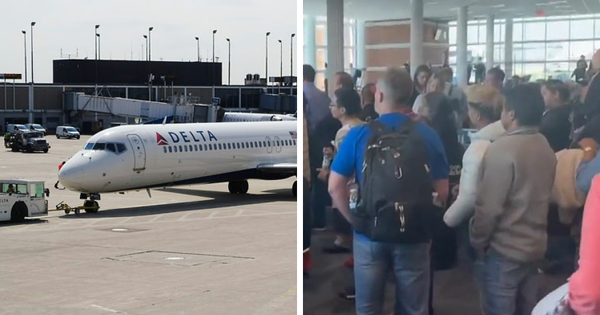
Ministers have faced renewed accusations that the plan to impose mandatory photo ID for voting is a waste of time and resources, after statistics showed there was not a single proven case of in-person voter impersonation last year.
Meanwhile, other official data showed minimal take-up of free official voter documents before the first mass use of ID during local elections in England on 4 May, with applications for the documents closing in three weeks.
Data from the Electoral Commission said that in elections in 2022, which covered local elections in England, Scotland and Wales, elections to the Northern Ireland assembly, a series of mayoral elections in England and six Commons byelections, there were seven allegations of “personation” at polling stations, as the offence is officially known.
There was no action by police in any of these cases because there was either insufficient evidence to proceed or no evidence of wrongdoing, the report found.
There were three allegations of personation involving postal voting, which is not affected by the new ID rules, with one still being investigated.
There were 185 electoral-related offences reported during 2022 in all, the majority of them connected to campaigning rather than voting, with no action taken in 119 instances.
The statistics highlight a point made repeatedly by opponents of voter ID, that it tackles a problem which is almost unknown in Britain, while creating a barrier to voting for the estimated 2 million adults who lack the necessary documentation.
Those without ID can apply for a free so-called voter authority certificate, issued by their council but available via a central government portal.
A running tally for central applications, which close on 25 April, show that as of Sunday exactly 37,000 people had applied, fewer than 2% of the possible number of voters lacking ID.
Older and younger voters are even less likely to have applied for the document, despite both groups being seen as vulnerable to being put off from voting by the new laws. So far, just 1,361 people aged 75 or older have applied, 3.6% of the total. Just 6% of applications, 2,247 in all, have been from under-25s.
Labour’s deputy leader, Angela Rayner, said the government was “clearly failing in their duties” to make people aware of the new rules.
She said: “Labour are clear that voter ID is an expensive, unnecessary policy and the wrong priority at the height of a cost of living crisis.
“If voters don’t have the required photo ID, the easiest way to vote is by signing up for a postal vote.”
Northern Ireland has a longstanding voter ID system, introduced owing to historical electoral abuse by sectarian groups. However, 4 May will be the first full introduction of such a system in the rest of the UK, which has otherwise just been trialled in a handful of council polls.
Asked why the system was being introduced despite minimal evidence of in-person voter impersonation, Rishi Sunak’s official spokesperson said: “This is to guard against the potential for wrongdoing in this area of voter impersonation.”







